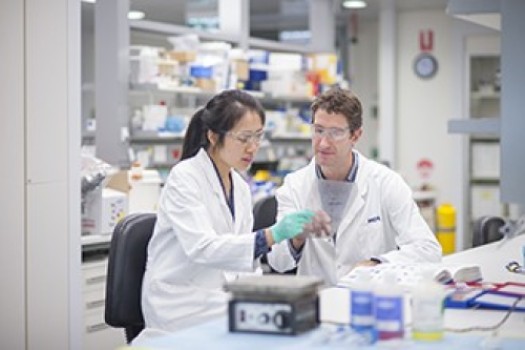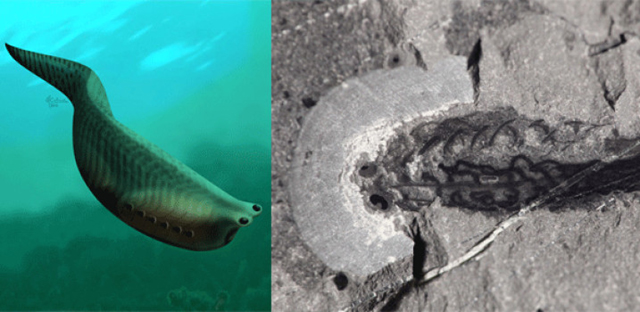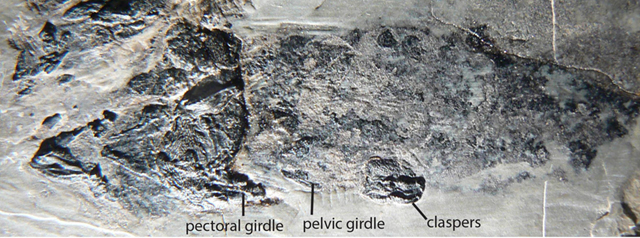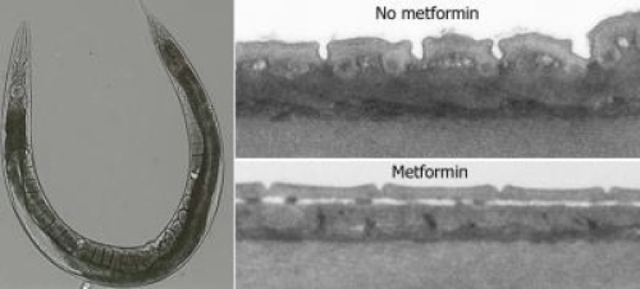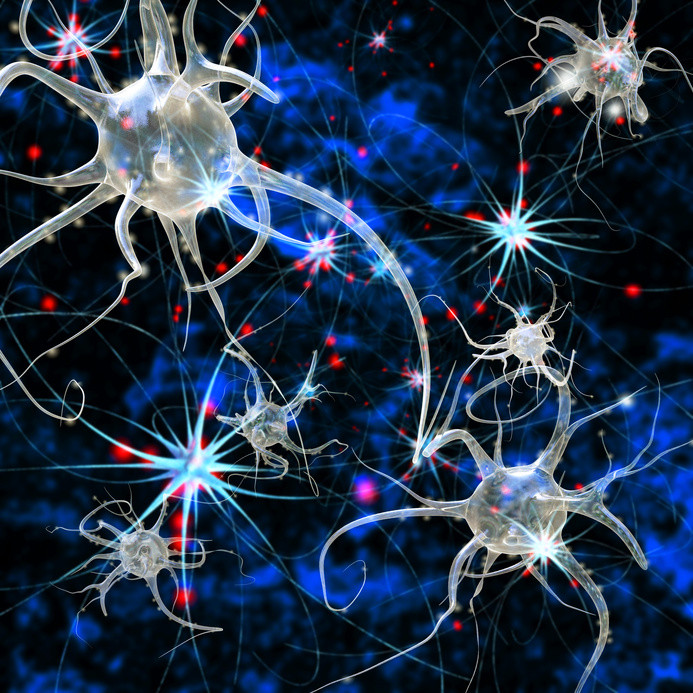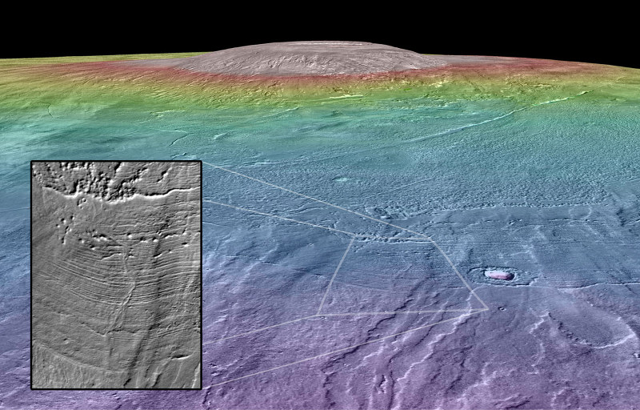Melbourne researchers have shown a type of leukemia can be successfully 'reversed' by coaxing the cancer cells back into normal development. The discovery was made using a model of B-progenitor acute lymphoblastic leukemia (B-ALL), the most common cancer affecting children. Researchers from the Walter and Eliza Hall Institute showed that switching off a gene called Pax5 could…
Read more
Gene ‘switch’ reverses cancer in common childhood leukemia
